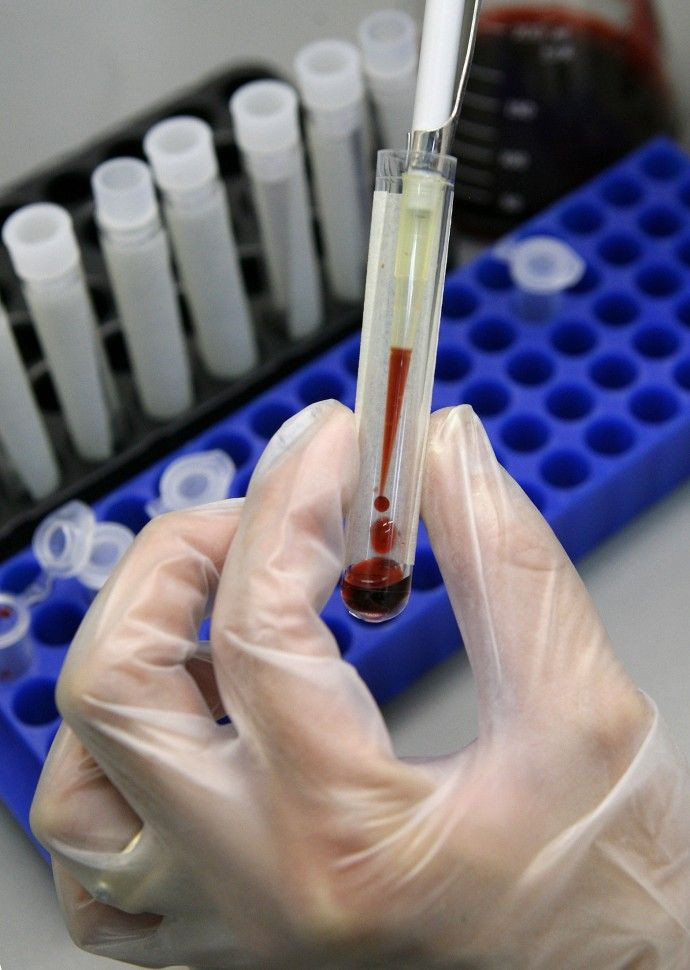New Drug Combinations Might Help Prevent HIV

Some diseases - such as malaria -- can be prevented by taking certain drugs before exposure, and now HIV may be added to the list.
Last week the results from the first study of orally-administered drugs were released, showing that a combination of two drugs, tenofovir and emtricitabine, known as Truvada, can reduce the rate of new infections in men and transgender women who have sex with men.
The Truvada study involved 2,499 participants, in which some were given a placebo and some the actual drug. The study ran from December 2009 to May 2010.
The participants tested negative for HIV when the trial began, and the pills were taken once daily. The result was a 44% reduction in new HIV infections. There were 36 new infections among people who took Truvada, and 64 among the men who got the placebo.
When only the people who got the drug are counted, the prevention rate approaches 90% -- comparable to using a condom.
The lead investigator on the Truvada study, Dr. Robert Grant of the University of California San Francisco, said there are a number of caveats. One is that the trial was done in conjunction with other HIV-prevention strategies, such as encouraging condom use and getting counseling. Another is that taking a pill every day isn't something that everyone can do. About one in ten patients had side effects from the drug, and some of those might stop taking it.
Some might ask if people would engage in riskier behavior, knowing that they might be protected. Actually, we found the opposite, Grant said. People I the trial reported fewer partners and increased condom use. We think it's because people came in without HIV testing.
The drug also has to be taken before one is infected. In three cases, grant said, HIV developed drug resistance, when the patients were given the Truvada during the window period, when they tested negative for HIV but were infected. That period can last up to several months. The resistance was to the emtricitabine half of the drug combination.
The next set of trials will answer some of the questions surrounding treatment, such as whether less frequent dosing with the Truvada is as effective and how patients will take the drug when they know it is not a placebo.
The Truvada study is not the only one that shows promising results for HIV preventative drugs. In July a study involving 889 women from South Africa using a vaginal gel of tenofovir showed prevention rates of 39 to 54 percent, depending on how often it was used.
Dr. Grant noted that previous studies focused on heterosexual women, rather than men or transgender women. This is the first time we've seen anything at all for men who have sex with men, he said. There are new studies of men underway -- the National institute of Health began one in October, offering the gel for men to use during unprotected anal sex, but the results from that trial won't be available for at least several months.
Dr, Grant acknowledged that daily pills might not always be best, but added his study showed the best results with patients who had difficulty using condoms consistently - the very population that needs help the most.
© Copyright IBTimes 2024. All rights reserved.





















